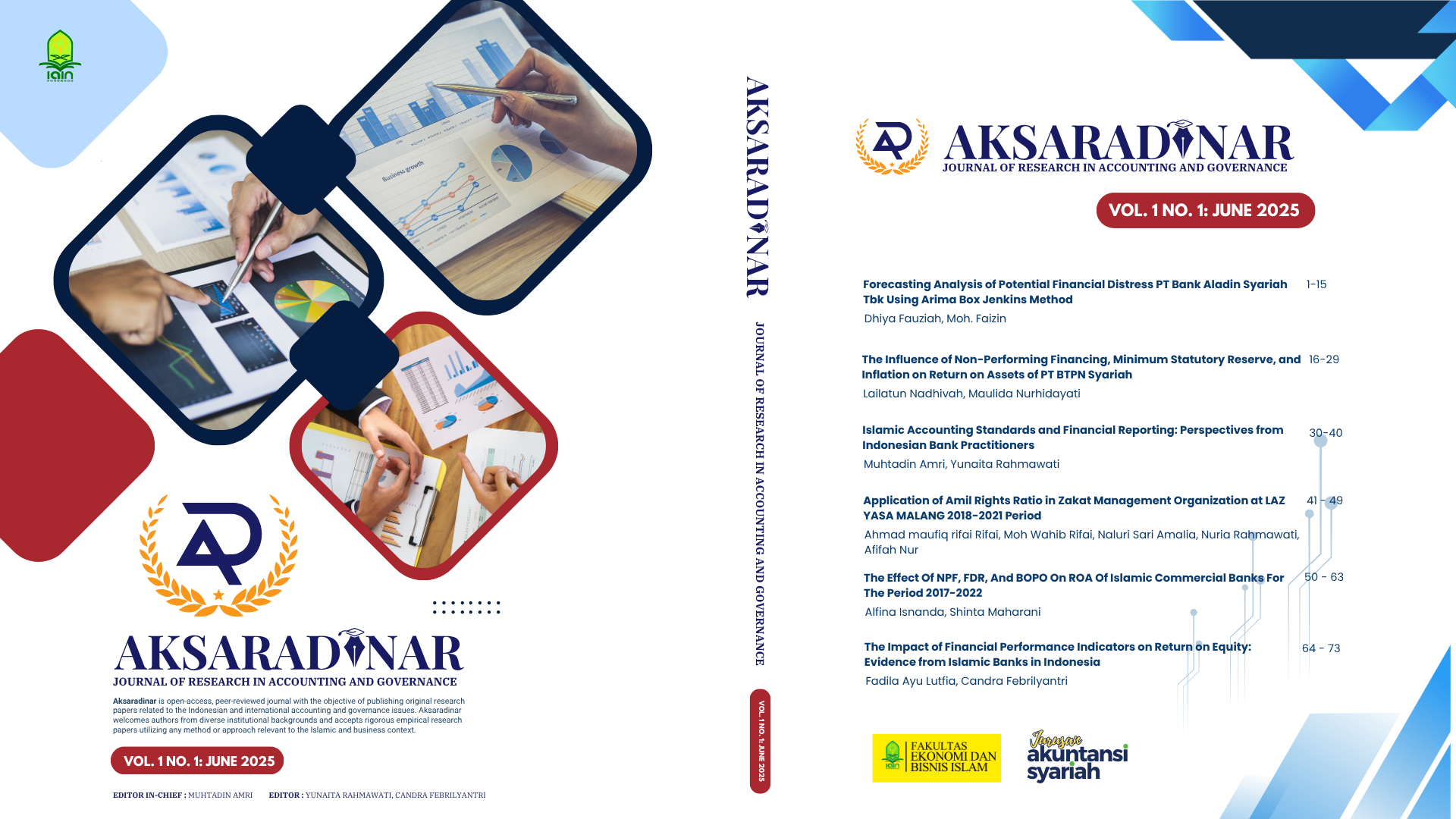Islamic Accounting Standards and Financial Reporting: Perspectives from Indonesian Bank Practitioners
Keywords:
financial reporting, Islamic accounting standards, practitionerAbstract
Introduction: The implementation of Islamic accounting standards in Indonesia aims to align financial reporting practices with Sharia principles, enhancing the trust of investors and stakeholders. Despite this intention, challenges persist in the practical application of these standards, such as a lack of deep understanding among staff and insufficient training. Previous studies have often overlooked the empirical perspectives of banking practitioners in the field, creating a gap in understanding the real-world implications of these standards. This study adopts a qualitative approach, utilizing in-depth interviews with ten practitioners from various Islamic banks in Indonesia. The findings indicate that the implementation of Islamic accounting standards has significantly improved the transparency and accuracy of financial reporting. Practitioners highlighted that these standards provide a framework more aligned with Sharia principles, boosting the confidence of stakeholders. However, the study also revealed persistent challenges, including the need for more comprehensive training programs to ensure effective implementation. The results suggest that while the adoption of Islamic accounting standards has brought substantial benefits, ongoing support and education are crucial for maximizing their potential impact. These insights are critical for regulators and practitioners aiming to enhance the effectiveness and sustainability of Islamic accounting practices in Indonesia.


